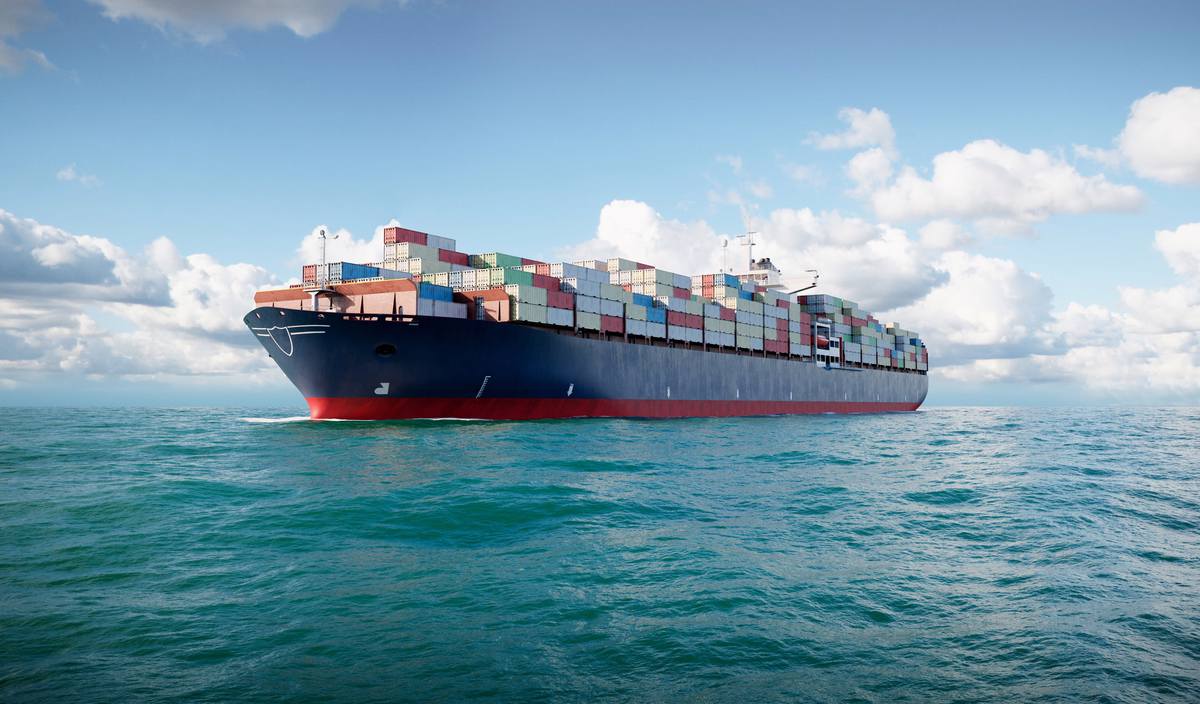New EMSA report finds rotor sails can impact vessel stability
A study by European Maritime Safety Agency (EMSA) has revealed that rotor sails can help reduce a ship's fuel consumption and greenhouse gases (GHG) emissions, while cautioning against some risks.
 PHOTO: Container ship sailing at sea. Getty Images
PHOTO: Container ship sailing at sea. Getty Images
The report titled — 'Potential of Wind-assisted Propulsion for Shipping' — noted that of all the available wind-assisted propulsion systems (WAPS), rotor sail technology is currently the most popular among shipowners.
A rotor sail is a modernised form of Flettner rotor based on the Magnus effect, which creates air pressure to cause spinning. Under favourable wind conditions, rotor sails will enable a vessel's main engine to throttle back and consume less fuel while providing enough power to maintain speed.
However, the study found that use of rotor sails poses some risks related to vessel vibration and extreme wind tolerance.
The analysis found that if a vessel equipped with rotor sails experiences excessive wind speeds, its stability and manoeuvrability can be affected. Moreover, rotor sails could also face damage. In such situations, the report recommends developing vessel dimensions, incorporating both the rotor sail design and control system functionality.
Furthermore, the study stated that since rotor sails are designed for operation in the temperature range of -20°C to 50°C, there is a possibility that ice can collect on the rotor wings in low-temperature zones. This, in turn, can impair the rotor sail functionality.
The report also highlighted the need to have a proper vessel fire suppression system onboard. This system should be capable of dousing a potential fire even at the top of a 30-metre-high rotor sail.
By Manjula Nair
Please get in touch with comments or additional info to news@engine.online






